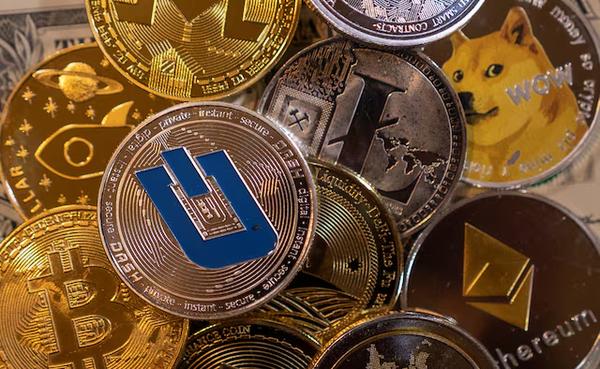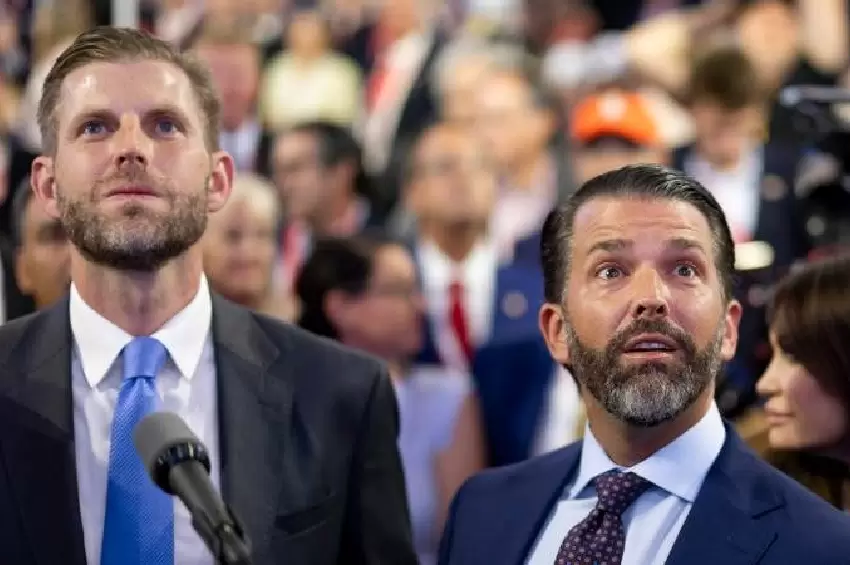Inaugural Meeting of Virtual Asset Committee
The Virtual Asset Committee, an advisory body for financial authorities, convened its first meeting on November 6 at the Government Complex Seoul. Chaired by Kim So-young, Vice Chairman of the Financial Services Commission (FSC), the committee focused on the critical issue of issuing real-name accounts to corporations, a move that could reshape the virtual asset market in South Korea.

"Beginning with the issue of real-name accounts for corporations, we will broadly discuss future tasks such as the second phase of virtual asset legislation and stablecoin regulations," Kim stated during the meeting. This marks a significant step as the committee aims to address the growing demand for corporate participation in the virtual asset market, which has been virtually blocked due to current regulations.
Participants reviewed both domestic and international trends in the virtual asset market and the government's responses to date. The committee noted that major countries like the United States, the European Union, and Japan have already established corporate-centered virtual asset ecosystems, highlighting the need for South Korea to consider similar measures.
Currently, individuals must obtain a real-name account to trade virtual assets on exchanges, but this requirement has not been extended to corporations. The committee's discussions also touched on the potential risks associated with corporate participation in the virtual asset market, including financial market risk transfer and money laundering concerns.
An FSC official commented, "Based on today's discussions, we plan to review the policy direction with relevant ministries in December," adding, "A concrete direction on whether to allow corporate accounts will be determined." This indicates that a decision on the matter is expected next month, which could pave the way for significant regulatory changes.
The Virtual Asset Committee was established under the "Act on the Protection of Virtual Asset Users," which came into effect last July. The committee comprises 15 members, including officials from the FSC and relevant ministries, legal professionals, university professors, and consumer protection experts. It is mandated to hold quarterly meetings to discuss legislative directions and regulations related to virtual assets.
Kim emphasized the importance of moving beyond unconditional fear or trust regarding virtual assets. "With the enactment of the Virtual Asset User Protection Act, virtual assets have entered the realm of government oversight and supervision," he said. "It is now time to move beyond unconditional fear or trust and consider the future of virtual assets in line with public perception and expectations."
The committee's future discussions will cover a broad range of topics, including the second phase of legislative directions, regulations on the entry and business conduct of virtual asset service providers, the establishment of self-regulatory organizations, and issues related to virtual asset transaction support, stablecoins, cross-border virtual asset transactions, and market monopolies.




Comments